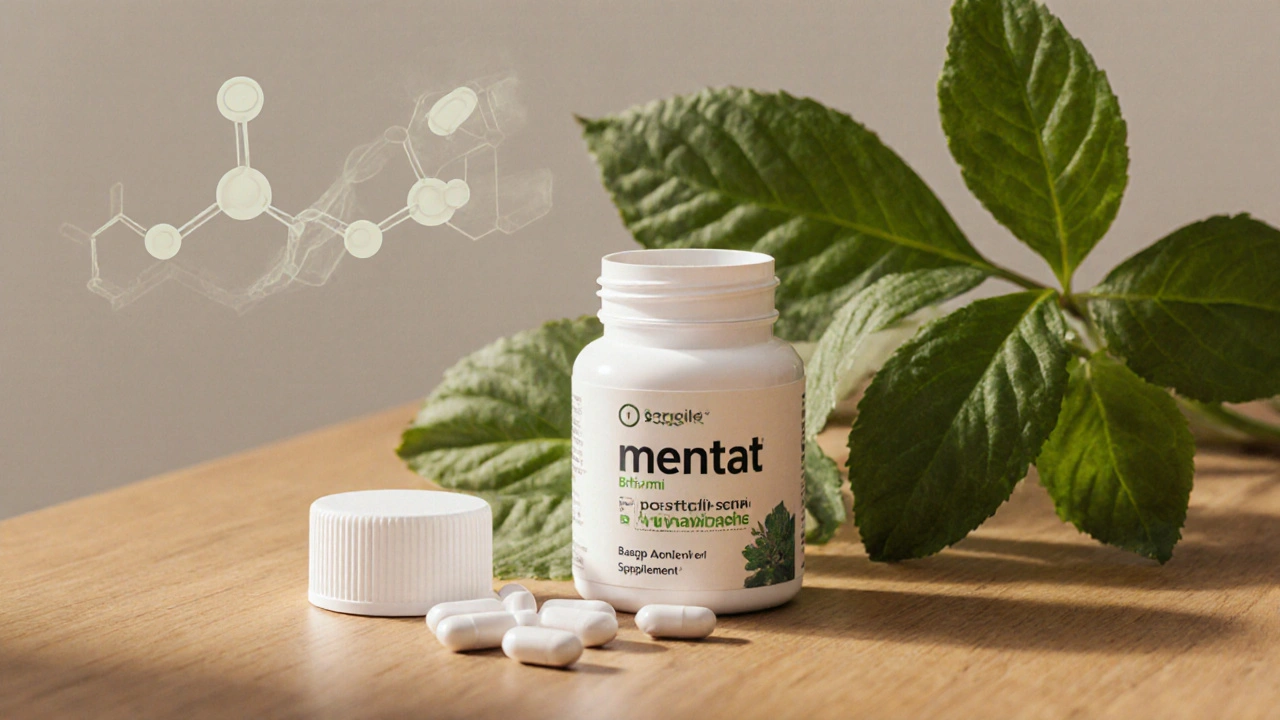Supplements and Natural Remedies: Practical Picks for Sleep, Immunity and Recovery
Herbal supplements can help with sleep, digestion, and immunity—but only if you pick the right ones and use them safely. This page groups four well-researched natural remedies so you know what they do, how people take them, and what to watch for.
What these supplements do and how people use them
Zizyphus (jujube) is popular for sleep and stress relief. Small clinical trials and traditional use suggest jujube extracts can improve sleep quality and reduce anxiety. You’ll find jujube in teas, capsules, and syrups. Try a calming tea an hour before bed or a standardized capsule if you need a consistent dose.
Hops aren’t just for beer. Extracts from hop cones are used to ease sleep problems and mild nervous tension. Hops work best combined with other calming herbs like valerian. Common forms are teas, tinctures, and tablets. If you already take sedatives, avoid adding hops without checking with a clinician.
Peru balsam is a resin with antibacterial and wound-healing uses. People apply it topically in small amounts for minor cuts and skin irritation. It’s also in some skincare products for its scent and preservative effect. Do a patch test first—Peru balsam can cause allergic skin reactions in sensitive people.
Usnea is a lichen used for its antimicrobial and immune-supporting properties. Usnea extracts show activity against certain bacteria and are used in tinctures, creams, and capsules. Many people use usnea topically for skin infections or internally as a short course tincture, but check for interactions with antibiotics or blood thinners.
How to choose, use, and stay safe
Start with one product at a time so you can notice effects and side effects. Buy from brands that list standardized extracts or clear ingredient amounts. If you have chronic conditions, are pregnant, or take prescription drugs, consult a pharmacist or doctor before starting any herbal supplement.
Watch for common warnings: herbal sedatives can increase drowsiness when mixed with alcohol or prescription sleep meds; topical resins like Peru balsam may trigger dermatitis; and powerful antimicrobials like usnea can interact with other treatments. Stop use and seek advice if you notice rash, severe stomach upset, breathing problems, or unusual bleeding.
Practical tips: choose a tea for gentle short-term use, a standardized capsule for consistent dosing, and a topical ointment for skin issues. Read labels for extract strength and avoid products that hide ingredient amounts. Keep a short journal for two weeks to track sleep, mood, digestion, or skin changes after you start a supplement.
Quick practical checklist: start with a low dose and increase slowly, take sleep herbs 30 to 60 minutes before bed, use topical resins only after a patch test, and pause supplements before surgeries or dental work. Keep a list of herbs you take and share it with your pharmacist. If benefits are minor after two weeks, reassess or stop.
Want to read deeper? Check the individual articles on this page for studies, preparation tips, and real user experiences about jujube, hops, Peru balsam, and usnea.












